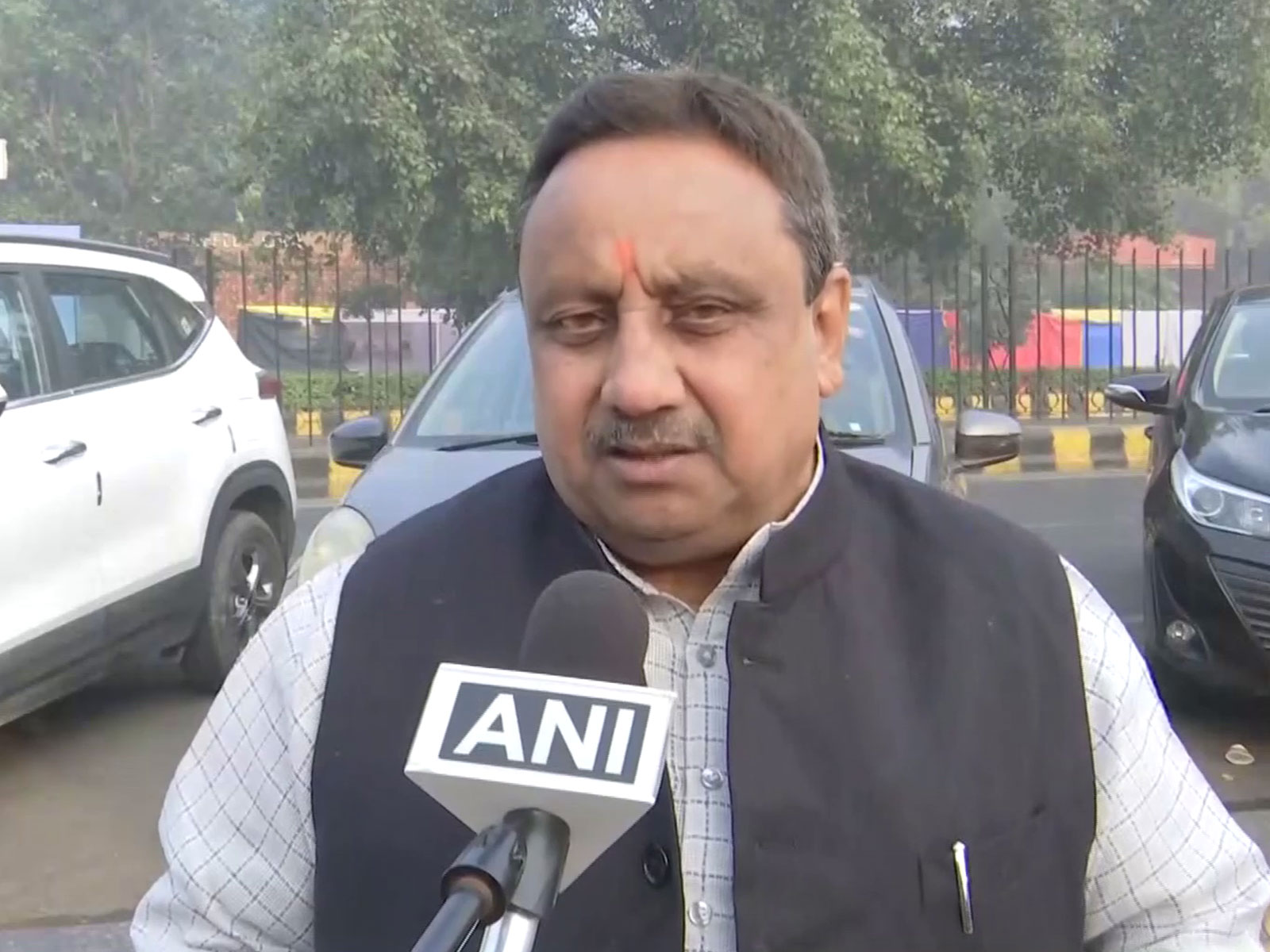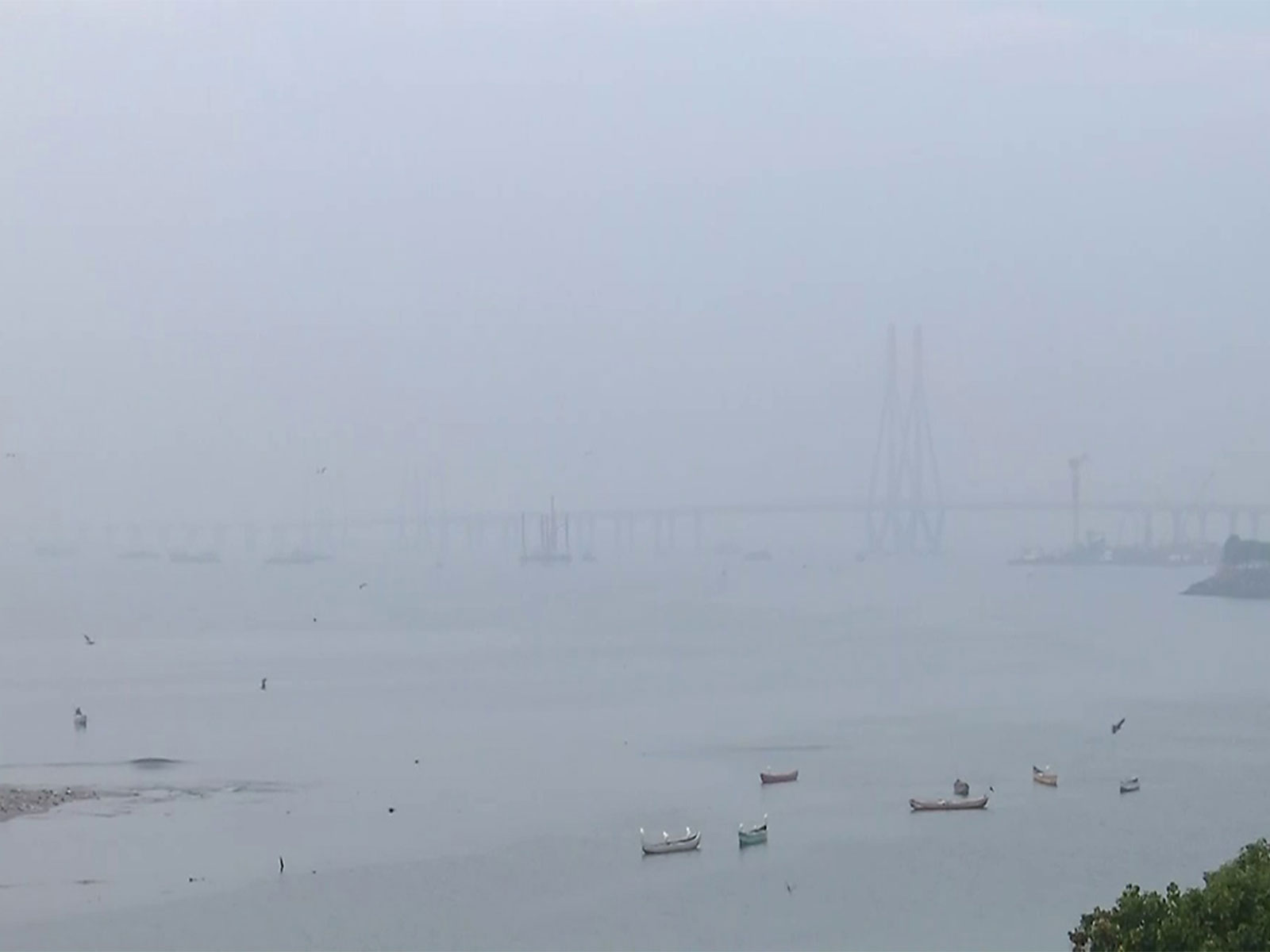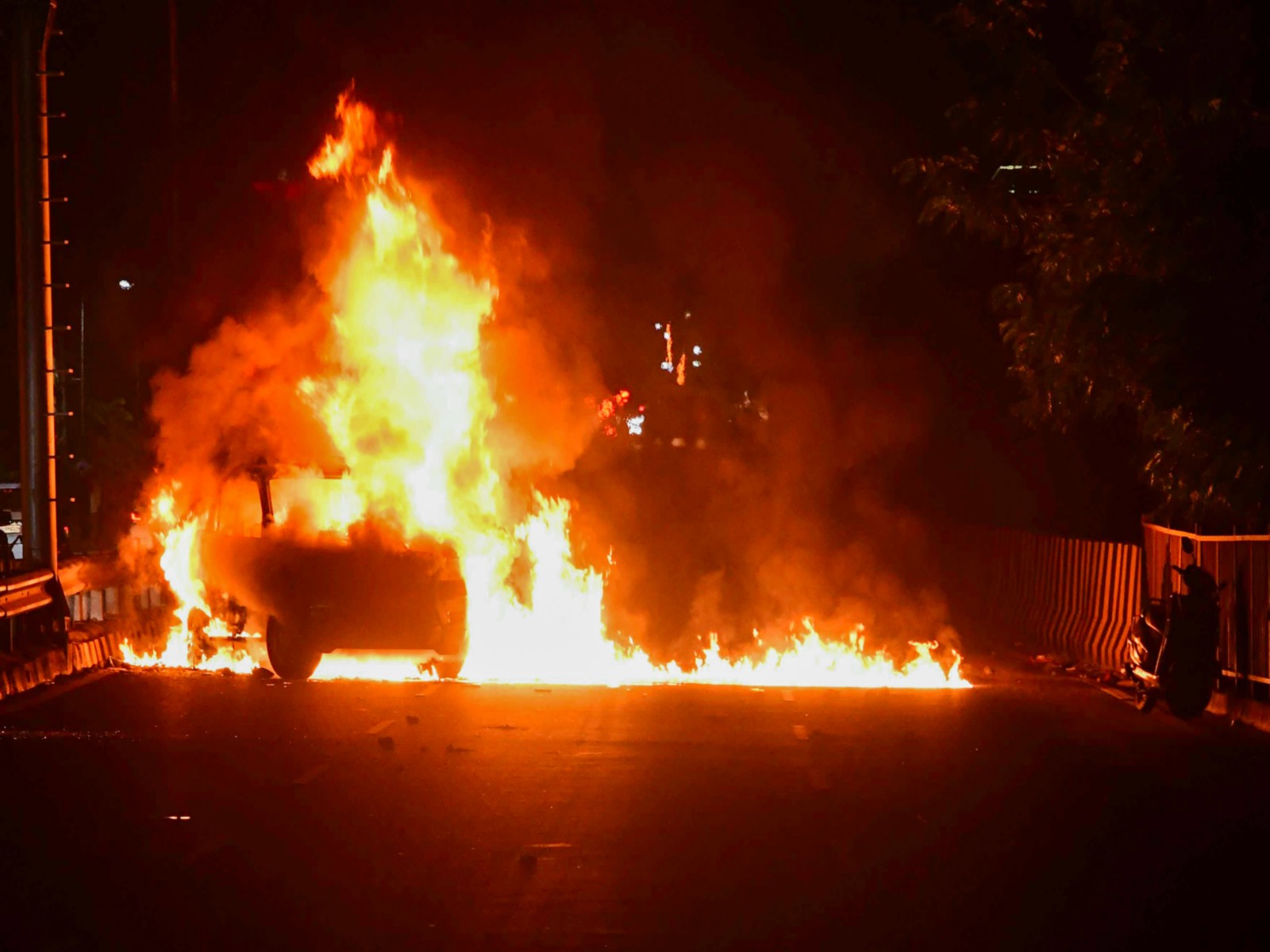China used heavy vehicles meant for dumping mud at airfield project for heavy troop mobilisation to LAC
May 27, 2020

New Delhi [India], May 27 : In the initial phase of the face-off in the Eastern Ladakh sector, China moved its troops close to the Indian territory for build-up in heavy vehicles used by the People's Liberation Army (PLA) in war games on its side and for dumping mud at a project site to convert a civilian airfield into a military base.
During the initial period, the Chinese used the road infrastructure built by it over the last many years, like its Western Highway, to rapidly induct troops in large numbers near the LAC on multiple locations and inside some areas on the Indian soil, sources told ANI.
The Chinese were able to surprise Indian security forces initially in the face off by managing to induct troops to outnumber the Indian troops as they swiftly diverted their troops engaged in a wargame in trucks and other heavy vehicles towards the border with India, they said.
To enable faster movement of their troops, they also utilised the trucks which were being used to bring mud from a location for expansion of an airfield which has been taken over by the PLA and it helped to pump in troops in large numbers, they said.
Sources said the Chinese infrastructure projects in the last many decades, including the Western Highway project and the roads connecting with it from the other areas have helped them to push troops in large numbers.
Sources said on the boundary where bullets are not supposed to be fired at the enemy and numerical strength matters in attaining superiority, the pace at which one can pump in troops into a conflict zone gives an edge to the side with the greater capability of doing so.
China has been raising objections to the Indian infrastructure projects in the Eastern Ladakh region and has built up troops in disputed locations to pressurise India to stop any kind of work there.
Sources also stated that the increase in civilian and military traffic on the new road inaugurated to connect the Daulat Beg Oldie and adjoining areas may have also been a reason for the Chinese to raise objections.
Other sources said that there was no connection between the statements being given by Pakistani leaders and the Chinese action in the eastern Ladakh region.
On whether there was a possibility of the ongoing tensions further deteriorating as the Chinese have started taking their students back to China, they said this was not the case as the Chinese request to do so had been pending for a long time now.
Sources said that no compromise will be made with regard to maintaining the sanctity of India's borders and that while India believes in peace, it is firm and resolute when it comes to the defence of its territory. This has been reflected in spirit even in the four or more agreements between India and China, which have historically formed the mechanism for border management. The mechanisms are still in place and working at a bilateral level. Two of them are of 1993 and 1996 and there is a CBM (Confidence Building Measures) in place since 2005 and a border agreement since 2013.
These agreements form the framework under which border talks have been held between India and China and not resulted in a full-blown conflict. They have also figured in the summit level meetings held between Prime Minister Narendra Modi and Chinese President Xi Jinping and previous Prime Ministers and Presidents of the two countries.

















